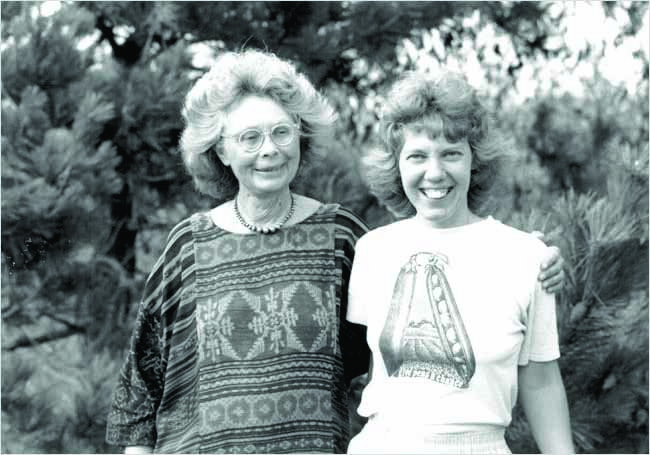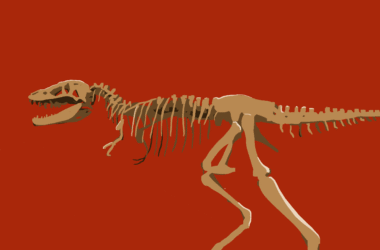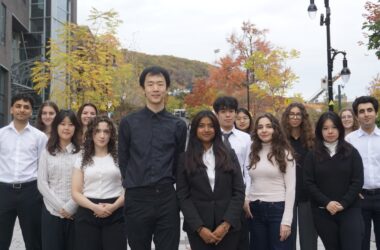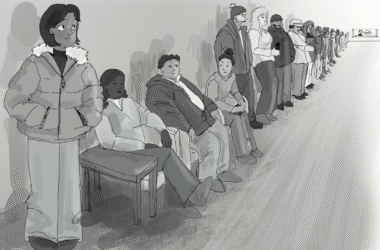From last century’s fears surrounding poor parenting to modern vaccine hesitancy, persistent misconceptions about the causes of autism have often resulted in the developmental condition being wrongfully associated with moral panic. During a recent talk hosted by McGill’s Division of Social and Transcultural Psychiatry for the Culture, Mind and Brain Program’s Speaker Series, Marga Vicedo, an associate professor at the University of Toronto studying the history of science, highlighted the story of one mother determined to understand her daughter’s experience with autism.
Clara Park gave birth to Jessica, her third child, on July 20, 1958. After three years, Park realized that her daughter was different from the rest of her siblings. Seemingly uninterested in other children, Jessica was instead fascinated by numbers, art, and the aurora borealis.
As a stay-at-home mother, Park spent a great deal of time carefully observing her daughter and figuring out how to best support her, and was disappointed when her findings were dismissed by the child development experts she consulted. At the time, psychoanalysis would have interpreted Park’s efforts to understand her daughter as evidence of refrigerator motherhood—an offensive term used to describe detached, uncaring mothers of autistic children.
“Rejecting the separation of thinking and feeling, Park aimed to show that objectivity and reason are not incompatible with love, and can be a valuable part of mothering,” Vicedo said. “[And] further, that intelligent love could be also a way to reach reliable knowledge.”
Despite the initial opposition, Park remained convinced that her efforts were not at odds with her mothering. She found fellowship in her beliefs through a correspondence with Bernard Rimland, a researcher who attributed autism to organic causes, and her collaboration with Marie Battle Singer, a psychoanalyst and fellow innovative thinker.
Contemporary clinical methods to treat autism were underdeveloped and prevalent therapies, including Applied Behaviour Analysis (ABA), were often criticized as cruel and ineffective. Park reworked such programs by identifying useful principles and tailoring them to the domestic sphere in a pragmatic way. Inspired by certain elements of ABA, Park collaborated with her daughter to develop a practical system for behaviour modification. Incorporating Jessica’s love for numbers, Park and Jessica assigned points to specific behaviours and tracked them using a golf counter.
“Jessica set her goals, chose her rewards, and agreed to the penalties,” Vicedo said. “Their program did not try to eliminate autistic behaviour such as rocking or flapping, but focussed on behaviour that Jessica said she wanted to change, because they made her feel anxious or interfered with other things she wanted to do.”
Park’s impact extended far beyond her household. She presented her knowledge in ///The Siege///, the most comprehensive account of raising an autistic child at the time and an invaluable resource to parents and therapists. She also brought together a large circle of mothers of autistic children who supported each other and corresponded at length.
This vibrant community met regularly at conferences and shared their experiences with each other, discovering important insights along the way. The children were also invited to speak at the gatherings to share their stories and perspectives once they were old enough.
Park was a dedicated proponent of the value of maternal insight and the fight against mother-blaming. She recognized the value of what she called the “deep knowledge of the child in context,” which refers to personalized catering to a child’s needs using observation of children in a wide variety of situations and a full understanding of their history. To Park, this lived maternal experience was a unique tool that did not undermine clinical methods, but complemented them.
“Park was not only questioning widespread notions of good mothering, but also challenging a central tenet in scientific epistemology,” Vicedo said.
Park harnessed both her love and her will in order to better understand her daughter. Her work remains a significant achievement that is deeply relevant to the current era of misinformation surrounding autism. Jessica has grown to be an accomplished artist.









